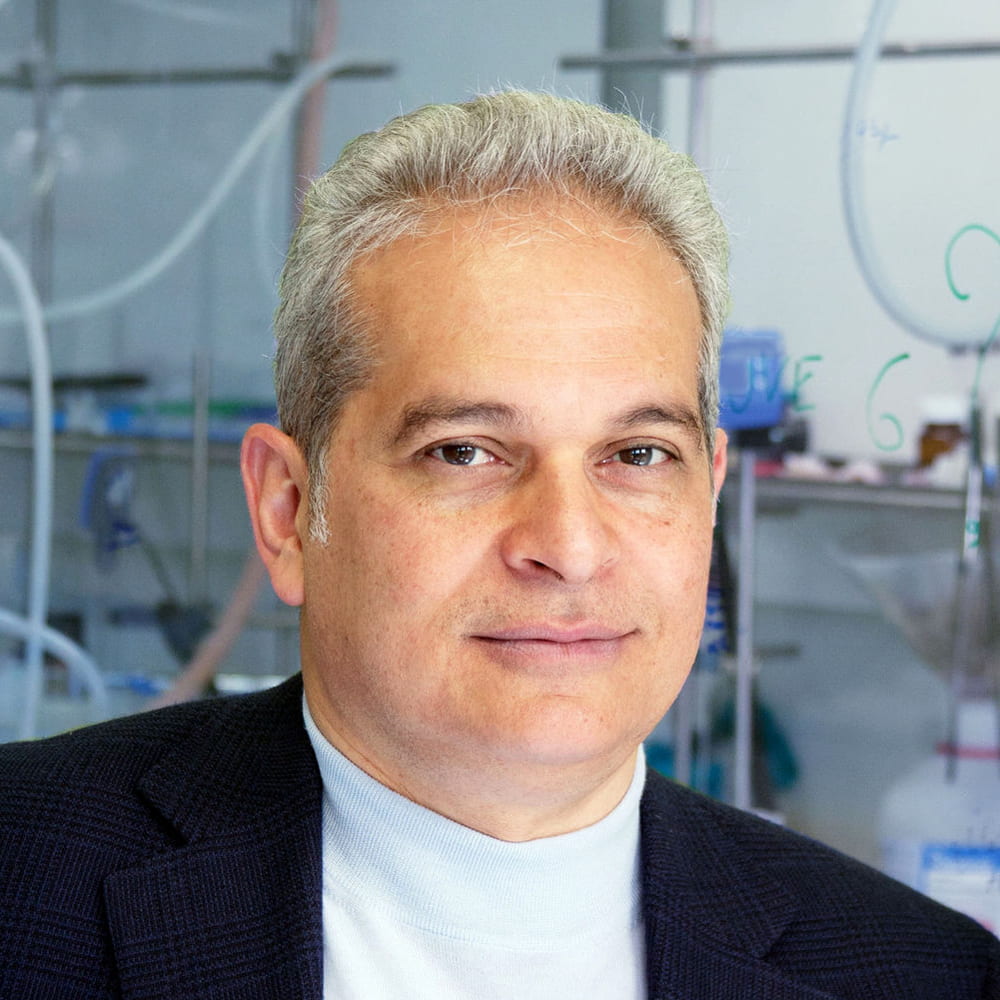New class of inhibitory compounds developed to aid melanoma treatments
UCI-led discovery helps healthy cell processes that can block tumor growth

Irvine, Calif., Dec. 2, 2015 — A University of California, Irvine pharmacology researcher has helped create a class of inhibitory compounds that can strongly enhance the effect of anti-tumor drugs for melanoma.
In doing so, Daniele Piomelli, the Louise Turner Arnold Chair in the Neurosciences at UCI, and scientists at the Italian Institute of Technology identified how an enzyme called acid ceramidase can accelerate tumor growth in this deadly form of skin cancer.
In skin biopsies of stage 2 melanomas, they found that acid ceramidase is highly activated. This hyperactivity disrupts a normal cell process called apoptosis, or programmed cell death, which ensures the continued function and growth of normal cells. Without this process, mutated, cancerous cells are able to proliferate.
The complex processes that acid ceramidase mediates become unbalanced when this enzyme is hyperactive in melanoma cells. The Piomelli lab has been focused on developing drugs that restore balance in the cell life-death cycle by reducing acid ceramidase activity.
In The Journal of Biological Chemistry, Piomelli and colleagues report the success of a class of molecules that inhibit acid ceramidase. Using cell cultures of melanoma, they showed that these compounds make melanoma cells more prone to be killed. In other words, the compounds act like multipliers that boost the deadly effects of conventional anti-tumor agents.
While there is still much to be learned about the roles of acid ceramidase and how its inhibitors work, researchers believe that blocking this enzyme puts cancerous cells onto a path that can lead to apoptosis.
One feature of the new compounds is that they’re built so that healthy tissue surrounding the melanoma can rapidly destroy them. This means that when they’re applied directly on a skin tumor, the compounds cannot spread to other organs or tissue where they might cause unexpected harm.
“Melanoma is one of the most aggressive forms of human cancer, with very poor prognosis if not diagnosed at early stages,” Piomelli said. “With further development, we see these inhibitors being incorporated into topical treatments such as creams that can become part of an aggressive melanoma treatment program.”
Natalia Realini, Francesca Palese, Daniela Pizzirani, Silvia Pontis, Abdul Basit and Anders Bach of the Italian Institute of Technology in Genoa, Italy, and Anand Ganesan of UCI contributed to the study. Two patent applications protecting the class of compounds disclosed in this paper have been filed.
About the University of California, Irvine: Currently celebrating its 50th anniversary, UCI is the youngest member of the prestigious Association of American Universities. The campus has produced three Nobel laureates and is known for its academic achievement, premier research, innovation and anteater mascot. Led by Chancellor Howard Gillman, UCI has more than 30,000 students and offers 192 degree programs. It’s located in one of the world’s safest and most economically vibrant communities and is Orange County’s second-largest employer, contributing $4.8 billion annually to the local economy. For more on UCI, visit www.uci.edu.
Media access: Radio programs/stations may, for a fee, use an on-campus ISDN line to interview UC Irvine faculty and experts, subject to availability and university approval. For more UC Irvine news, visit wp.communications.uci.edu. Additional resources for journalists may be found at communications.uci.edu/for-journalists.